Waking from the American Dream, 3
The United States has been the presiding power during the unprecedented economic boom of the past sixty years. American wealth as measured by GDP increased more than 43-fold in that time, from $300 billion in 1950 (1998 dollars) to more than $13,000 billion in 2006. The world has never seen the likes of it. We now take it for granted that most Americans live in ways far more comfortable than all of history’s royalty. Because of technological innovation and cheap oil, the lives of today’s generations promise to be long and comfortable.
In moments of reflection, most Americans will shy away from an egoistic appraisal of our wealth, away from superiority of system, away from divine providence, away from hard-working determination. We become mindful of our fortune, of our place in history, of the suffering past and present. In these moments, armed with gratitude and heightened awareness, we may ask, “What have we done with our wealth. Have we been spent it wisely?” And, of course, there are many ways to take this measure. I offer one measure, one that perhaps follows the injunction of those whom we have considered wise: Jesus Christ, Siddhartha Gautama, Mahatma Ghandhi, Abraham Lincoln, Eleanor Roosevelt—the list is long and we each know of many of them, and, necessarily, we also know where this analysis goes…
With our wealth, have we made sure that everybody had at least enough to eat and a comfortable place to rest their head before we had more? Have we kept the environment clean, have we left room for the birds of the air and the lilies of the field? Have we promoted a secure home for our children and theirs? Have we promoted lifestyles that provide happiness, peace and serenity for ourselves and for those around us? In these moments of reflection, when we are in touch with our more ideal self and we are away momentarily from the daily forces that propel us to work for status and bloated, disconnected salaries, or, conversely, to work in low-paying, demeaning jobs—in these moments, we can face with honesty the society of which we have been part. And, again, we know the answers to these questions…
Fifty years of unprecedented wealth, and yet we have entered a new gilded age (using the terminology of Paul Krugman in his numerous New York Times columns). The disparity of wealth is greater than it was in the boom-time pre-depression 1920s. In our country, alone, there are at least 744,000 homeless people, fifteen million children who go hungry every day, 36 million who live below the poverty line. The U.S. health system is ranked 37th in the world, its education 18th, and life expectancy is 45th. We could not provide $35 billion dollars to help insure the health care of our own children, but we’re going $200 billion more in debt to fund a war in a little country with lots of oil, wreaking yet more untold suffering on that people. The cost of that war has already totaled more than $450 billion. The U.N. suggests that about $100 billion could solve the water problems for all 6.7 billion of our human family. And once we lead our thinking in this direction, we know there are many measures by which we fall short of our ideal and many chances to yet correct the way we spend our trillions, if we just possessed the individual and political will.
